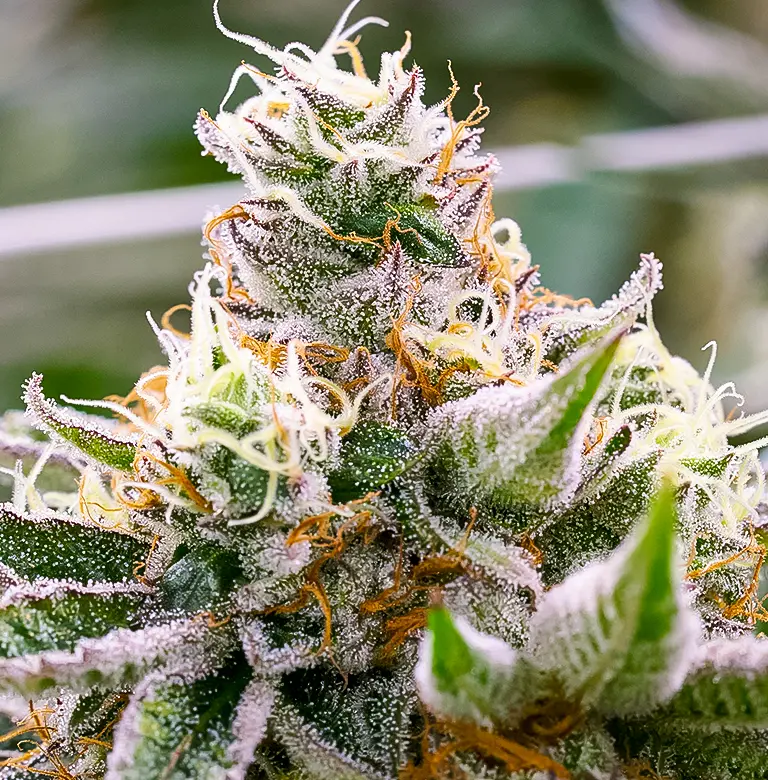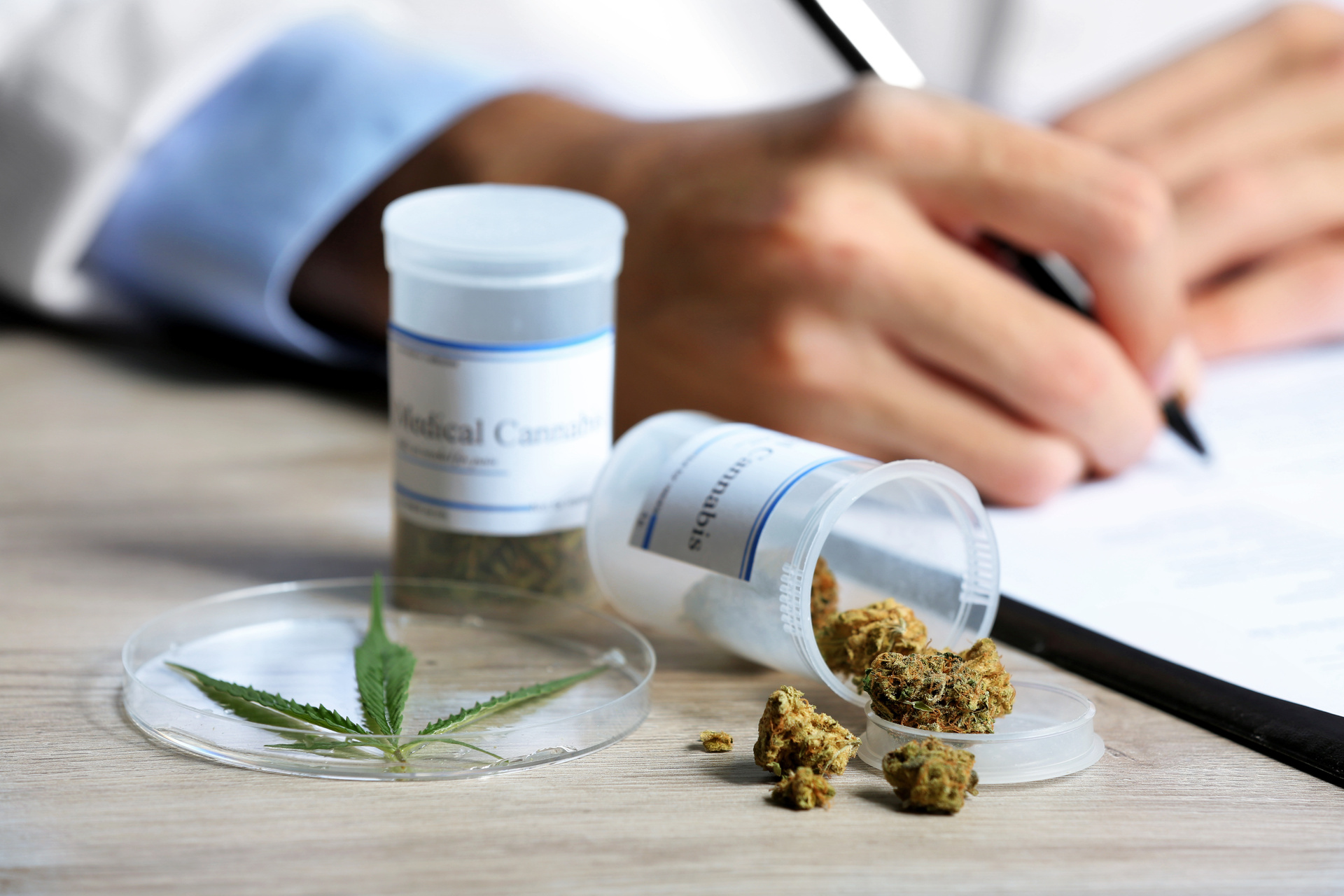Shedding Light on What Medical Cannabis Can Cure: a Thorough Evaluation of Its Restorative Qualities
In current years, there has been an expanding passion in the therapeutic possibility of medical marijuana. While unscientific evidence abounds, an extensive exam of the scientific information pertaining to the effectiveness of clinical cannabis in treating these conditions is required.
Chronic Pain Monitoring
Persistent discomfort monitoring remains an essential aspect of treatment, requiring an extensive approach for reliable therapy. In recent times, medical marijuana has emerged as a prospective restorative choice for people dealing with chronic pain conditions. The endocannabinoid system, which plays a vital function in discomfort inflection, has been targeted by cannabis-based treatments to improve and reduce symptoms high quality of life for individuals.

Moreover, medical marijuana provides a promising option for patients who experience excruciating negative effects from conventional pain medicines. Its ability to deal with pain through a different device makes it a useful enhancement to the collection of treatments offered for chronic pain administration.
Epilepsy Therapy Prospective
Clinical cannabis has actually revealed promising possibility in the treatment of epilepsy, offering a novel healing method for taking care of seizures in clients. Epilepsy is a neurological condition characterized by recurrent seizures, impacting individuals of all ages. Standard therapies for epilepsy include antiepileptic medications, yet these medications may not work for all people and can have significant negative effects.
Study on making use of clinical marijuana for epilepsy has actually revealed encouraging results. Cannabidiol (CBD), a non-psychoactive substance located in marijuana, has been particularly highlighted for its anticonvulsant residential or commercial properties. Research studies have actually revealed that CBD can lower the regularity and severity of seizures in clients with treatment-resistant types of epilepsy, such as Dravet syndrome and Lennox-Gastaut syndrome.
Moreover, the FDA has actually accepted a CBD-based drug, Epidiolex, for the therapy of seizures related to these severe forms of epilepsy. This milestone underscores the growing recognition of medical cannabis as a valuable therapeutic option for managing epilepsy and provides hope for patients that have actually not reacted well to traditional therapies.
Queasiness Relief Advantages
The alleviation of queasiness through the use of marijuana has actually been significantly identified for its restorative benefits in various medical problems. Nausea or vomiting and throwing up prevail signs experienced by individuals going through chemotherapy, those with food poisonings, and people with persistent discomfort problems. Medical cannabis, with its energetic substances such as THC and CBD, has shown assurance in supplying remedy for nausea.

In addition, clinical cannabis offers an all-natural option for individuals who do not react well to standard anti-nausea medications or that experience extreme side impacts from these drugs. People going through chemotherapy, particularly, have actually reported significant renovations in their high quality of life when using marijuana to handle nausea. As study in this area proceeds to grow, medical cannabis is progressively being considered as an important alternative for queasiness alleviation in different clinical settings.
Anxiousness Reduction Effects
Studies have shown the capacity of marijuana in decreasing anxiousness symptoms via its interaction with the endocannabinoid system. The endocannabinoid system plays a crucial function in managing emotions, consisting of anxiousness, by preserving homeostasis in the body. Cannabinoids in marijuana, such as THC and CBD, interact with the endocannabinoid receptors in the brain, particularly the helpful site CB1 and CB2 receptors, to modulate anxiety-related feedbacks.

People with conditions like generalized stress and anxiety disorder (GAD), social stress and anxiety problem, and post-traumatic anxiety disorder (PTSD) might take advantage of the anxiolytic properties of marijuana (Medical Marijuana Doctor Near me). More study is required to establish optimum does, distribution approaches, and lasting impacts on stress and anxiety administration.
Prospective for Inflammation Control
With its recognized anti-inflammatory residential properties, marijuana has shown guarantee in potentially controlling swelling within the body. Swelling is the body's all-natural reaction to injury or infection, but when it becomes persistent, it can add to different illness such as arthritis, inflammatory bowel condition, and also heart problem. Research study recommends that the cannabinoids found in cannabis, such as THC and CBD, can aid manage the immune action and decrease inflammation.
Studies have actually revealed that cannabis can connect with the endocannabinoid system, which plays a critical function in regulating swelling. By targeting the cannabinoid receptors, cannabis substances can regulate the immune reaction, bring about a reduction in inflammation degrees. This makes cannabis a possible candidate for managing inflammatory problems where traditional therapies have failed.
Furthermore, cannabis-derived products like CBD oil have gained popularity for their anti-inflammatory residential properties, with lots of people using them as a natural solution for problems related to swelling. While even more research is needed to totally understand the mechanisms behind marijuana's anti-inflammatory effects, present findings reveal promising outcomes for the potential use of medical cannabis in managing swelling.
Conclusion
In verdict, medical cannabis has actually revealed promising restorative residential or commercial properties in managing persistent discomfort, treating epilepsy, soothing nausea, minimizing anxiousness, and controlling inflammation. Its possible advantages in various medical conditions highlight the relevance of further research and exploration into its medical usage. The evidence suggests that medical cannabis could be an important choice treatment choice for individuals looking for remedy for a variety of conditions and symptoms.
In current years, clinical marijuana has actually arised as a potential healing option for individuals suffering from chronic pain problems.Medical cannabis has shown appealing potential in the therapy of epilepsy, supplying an unique healing technique for managing seizures in patients. As research in scott and white clinic this area continues Extra resources to expand, clinical cannabis is significantly being taken into consideration as a valuable choice for queasiness alleviation in various medical setups.
In conclusion, clinical cannabis has shown appealing healing residential or commercial properties in handling chronic discomfort, dealing with epilepsy, eliminating nausea or vomiting, minimizing stress and anxiety, and controlling inflammation. The evidence suggests that clinical marijuana might be an important alternative therapy choice for individuals seeking alleviation from a variety of problems and signs.